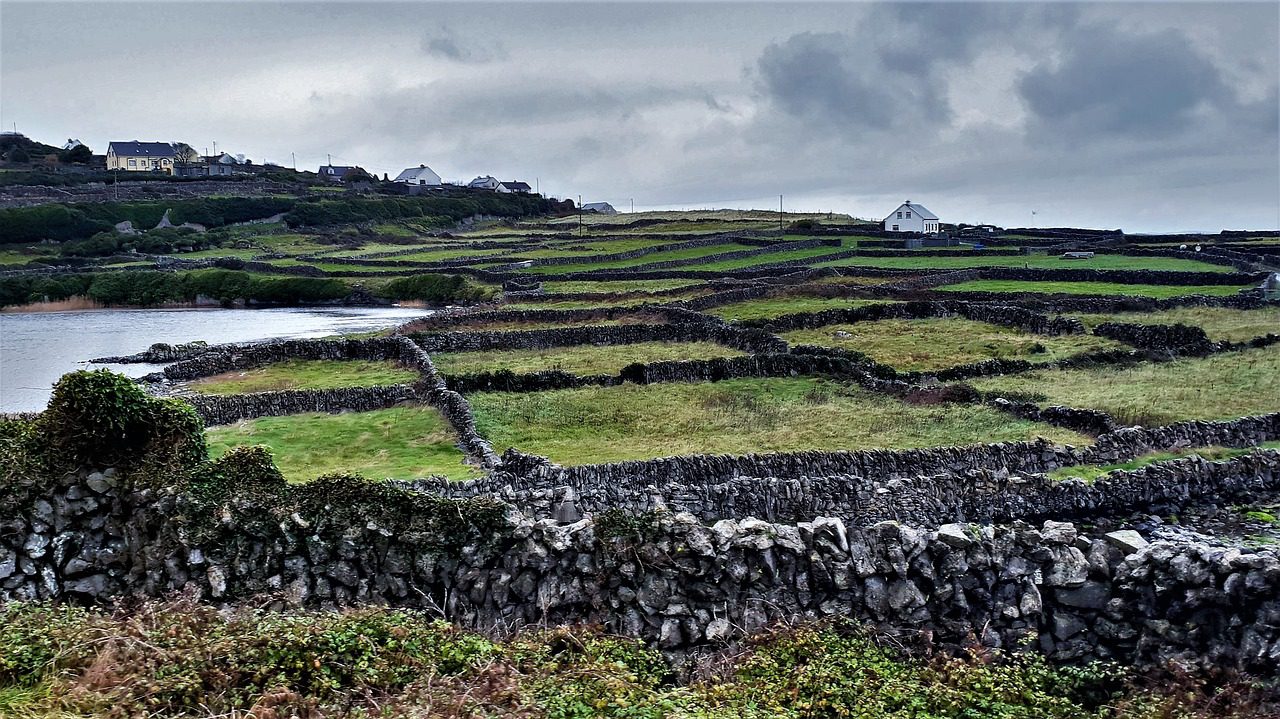The reaction to the carbon budgets – and the accompanying technical report – released on Monday evening (October 25) by the Climate Change Advisory Council (CCAC) is continuing, with one TD claiming that the planned emissions reductions will “destroy the existing way of life” in rural Ireland.
Independent TD Michael Collins remarked that rural areas would be “bulldozed by the maniacal carbon budget recommendations”, adding that they would have “profound implications”.
“The recommendations made by the lofty CCAC, who are insulated from the pain, would hammer every sector crucial to rural life, including agriculture and transportation, with increased living costs, ending both turf cutting and rural one-off housing,” Collins claimed.
“Warnings around the damaging impact of climate change policies and devolution of power to an unelected quango have now come to pass, as their technical report outlines a deep reduction in cattle numbers to meet higher climate targets.”
The Cork South-West TD asserted that the technical report “aggressively targets” the Irish suckler herd.
“Proposals to reduce the suckler cow herd, to as low as 200,000 cows in one of the scenarios outlined in the report, completely undermine the important role played by farmers to promote sustainable grazing and its beneficial impact in sequestering carbon,” he added.
The first Carbon Budget will require Ireland to cut overall national emissions (across the whole economy) by 4.8% per year until 2025, while the second Carbon Budget requires Ireland to cut national emissions by 8.3% from 2026 to 2030.
The sector-by-sector targets for emissions reduction is due to be revealed by government in the coming week.
“We are calling on the government to make a special dispensation for the agriculture sector and the transport sector in rural Ireland, where a lack of public transport means no alternatives exist,” Collins said.
He added: “These proposed carbon budgets will have a harmful impact on society and the economy, and will increase the costs of living even further, while chipping away our food production capacity in the future.
“The government must wake up and halt this frenzied and fanatical approach,” Collins concluded.
